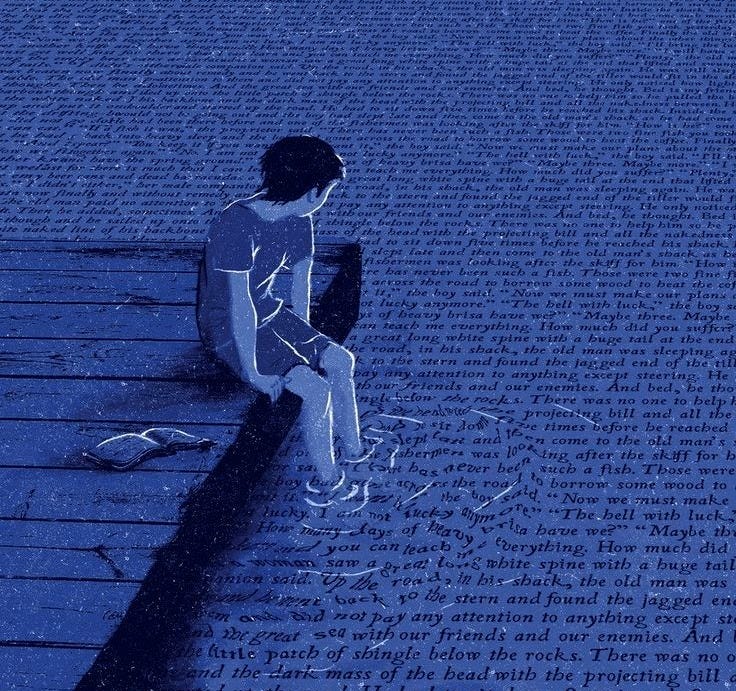You are not your stories
We are lost in translation
"What a day!" your friend sighs, sinking into the sofa. "It began with me nearly missing my train—I had to sprint like a maniac, and everyone stared at me like I'd lost my mind. Then, at work, we had an essential meeting with a crucial client we've been trying to land for months. Usually, he's enthusiastic and engaged, but today, he seemed distracted and uninterested. Definitely not my best day."
You're listening carefully, genuinely trying to give your friend your undivided attention. Yet, as their words flow, you notice something strange happening: every detail your friend describes is replaying in your mind, but with a different voice—yours. Without even noticing, you're creating your own version of the story. And here's the irony: neither your friend's narrative nor your interpretation fully matches reality.
Stories have countless shapes
Stories have countless shapes, depending entirely on our unique perspectives. It's similar to that classic optical illusion you might have seen—the image that can appear as either a duck or a rabbit, depending on who's viewing it. But life is far more nuanced and complex than a simple drawing.
Think about how differently two coworkers might describe the same meeting: one might say, "That went horribly, the boss clearly didn't like my idea," while another might recall, "What a productive meeting! Everyone was really engaged." The actual meeting didn't change; only their perceptions differed, shaped by their past experiences, feelings, and viewpoints. Or consider how siblings can recall completely different childhood memories of the same family vacation—one remembers laughter and adventure, and another recalls boredom and discomfort. Both stories are true, yet neither fully captures reality.
We are not our Stories
We are not our stories. Our perception doesn't just shape how we see external events—it profoundly influences how we see ourselves. Imagine someone complimenting your work: one day, you might take pride and confidence from the praise; another day, feeling insecure or doubtful, you might dismiss it as mere politeness. The compliment itself didn't change, but your perception—the story you told yourself—did.
Learning to recognize that each of us carries these unique lenses, shaped by our emotions, beliefs, and past experiences, helps us gain compassion and understanding. Acknowledging different perceptions and trying to look at the world from their view expands our world, making it richer, deeper, and more connected.
Looking through different lenses
Pause for a moment and imagine all the different perspectives around you: your own, your parents', your coworkers', your friends', the barista who served your coffee this morning, or the stranger with whom you briefly made eye contact on the train. Every single person you meet interprets the world uniquely, creating their own narratives—some similar, others vastly different.
The next time you're having a conversation, especially one that sparks strong feelings or reactions, ask yourself: "How else could this story be told? What might I see if I looked from another angle?" Remember, you are not your story—your stories are merely glimpses through your lens. Reality is larger and far more complex than any single perception can capture. Learning to leave our perception for a second and examine our stories using different ones is a great skill.
Don't limit yourself to a single narrative. Step outside your story and look again. You might be surprised by what you discover.


